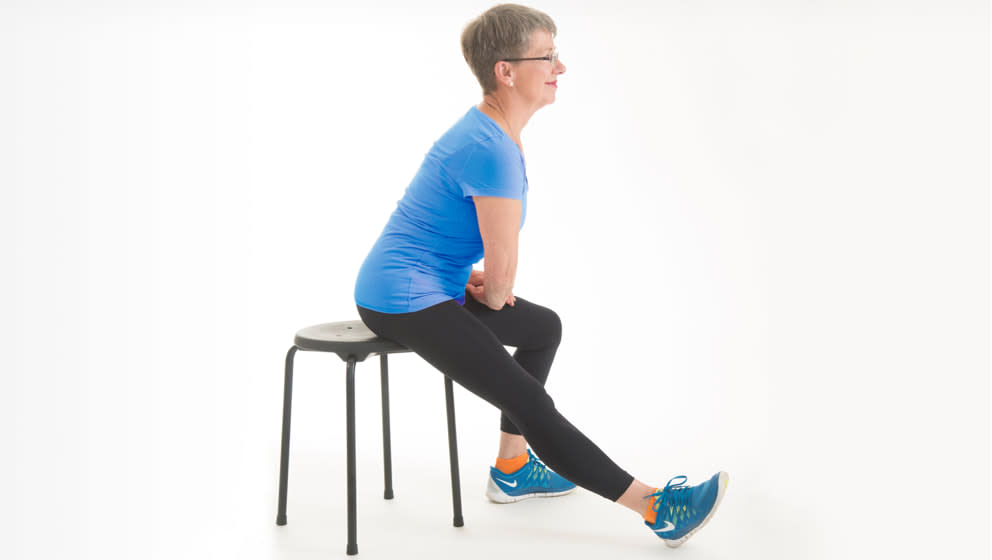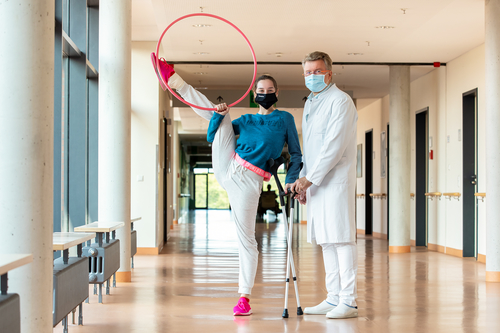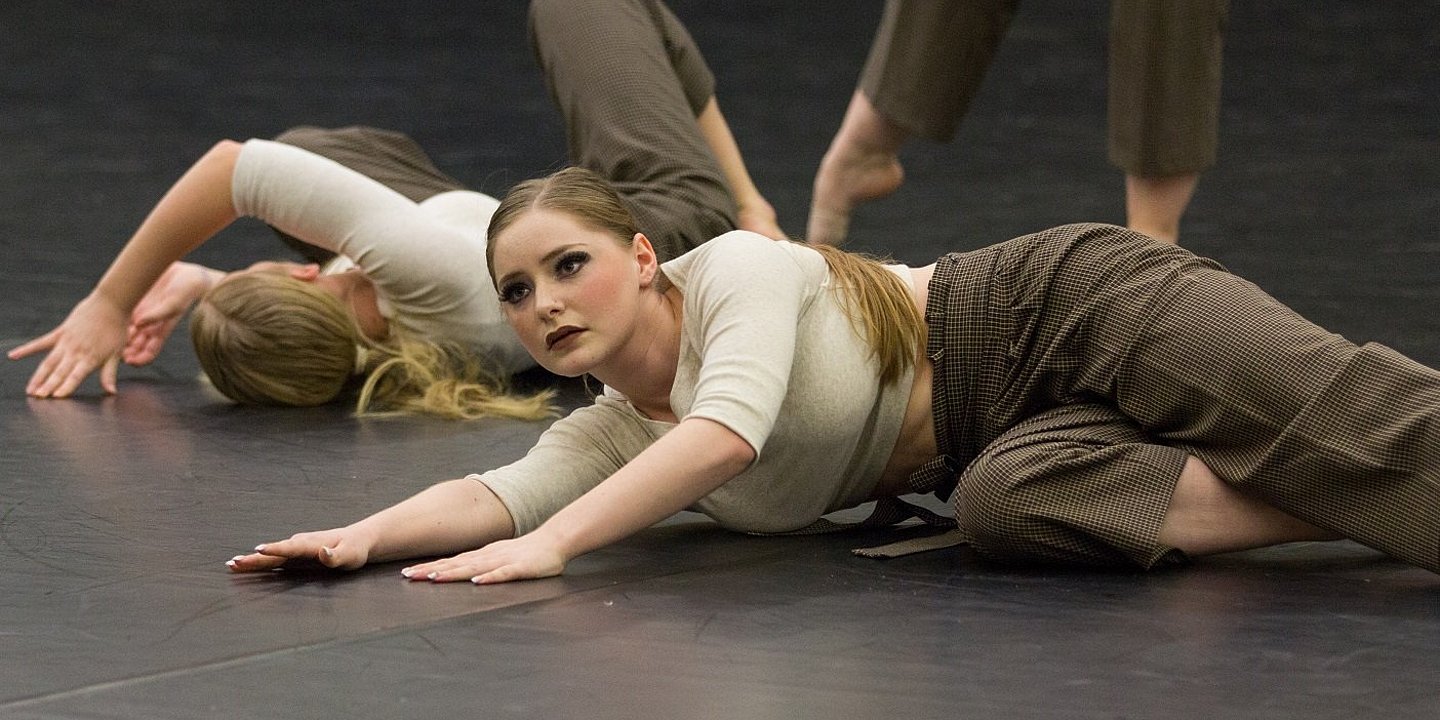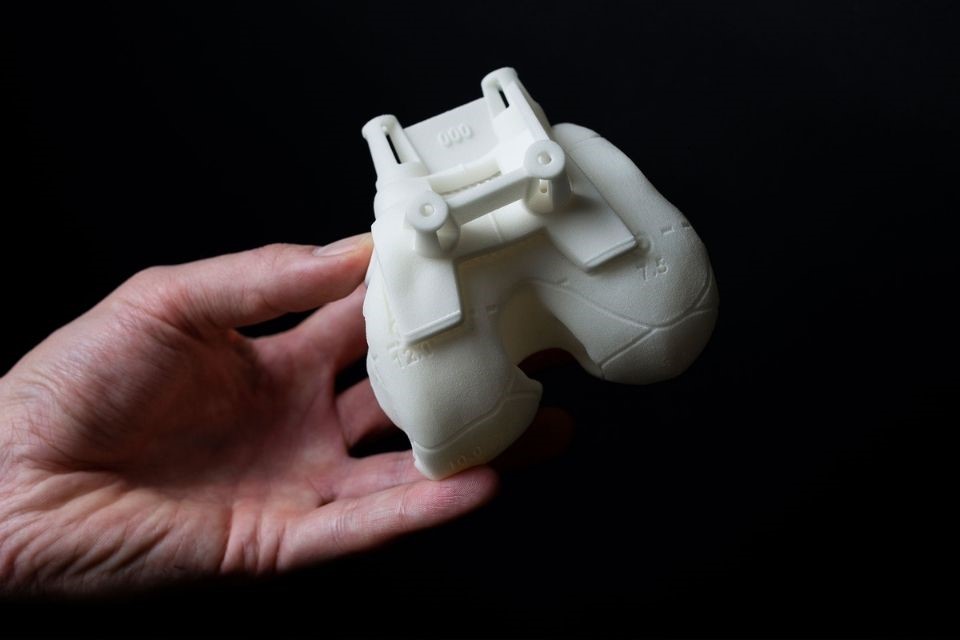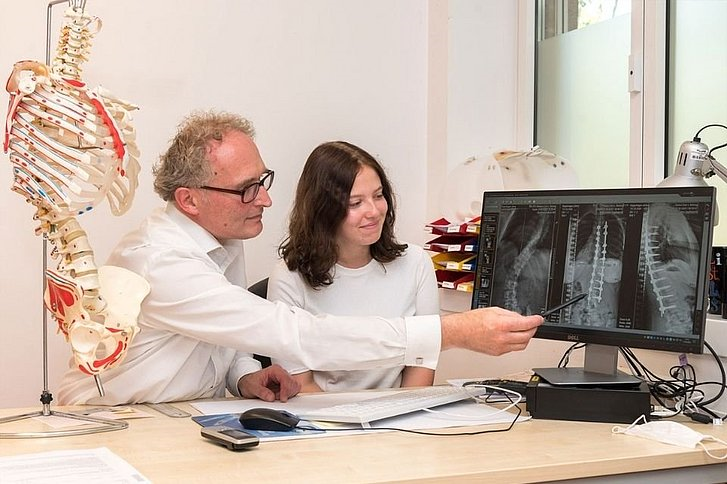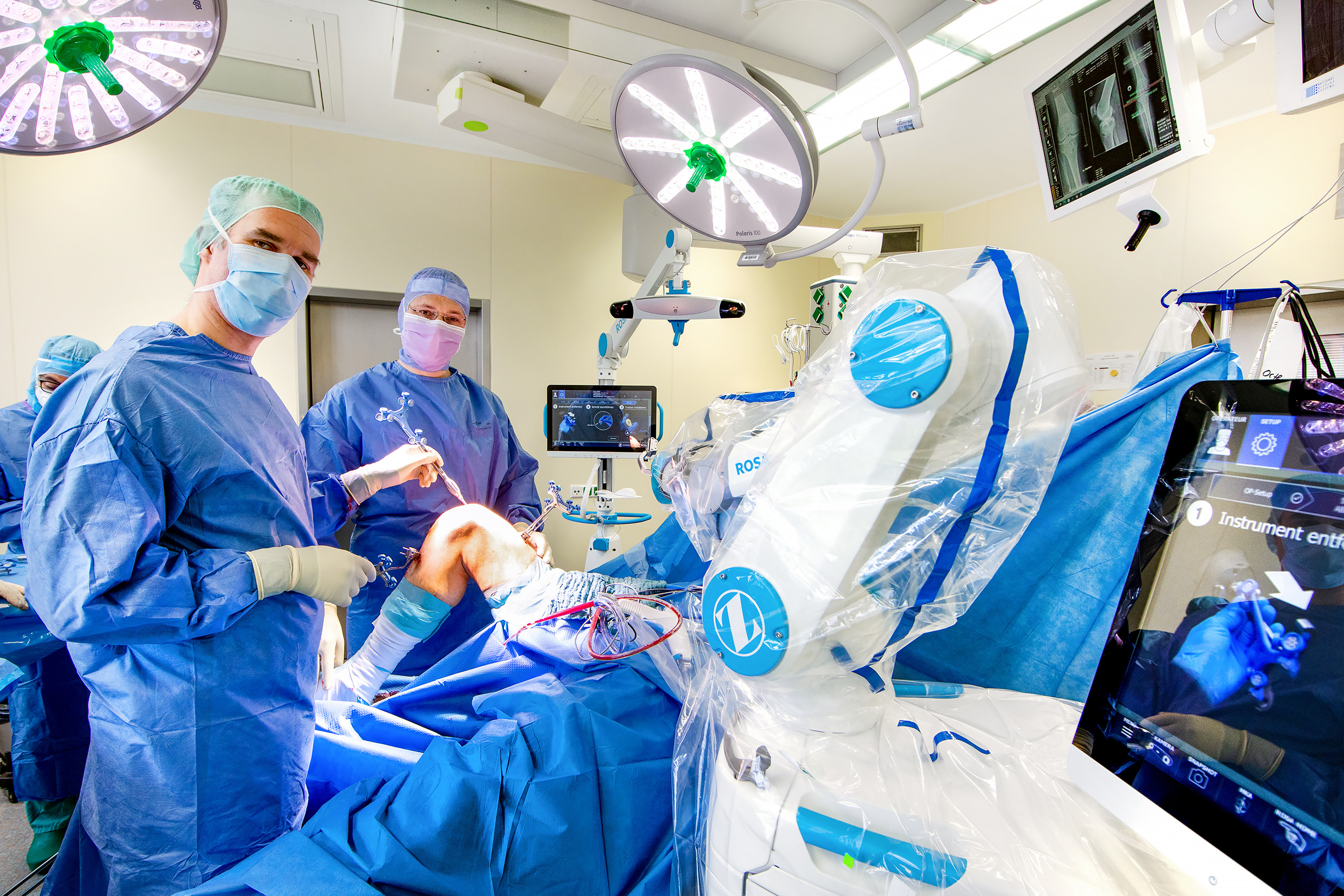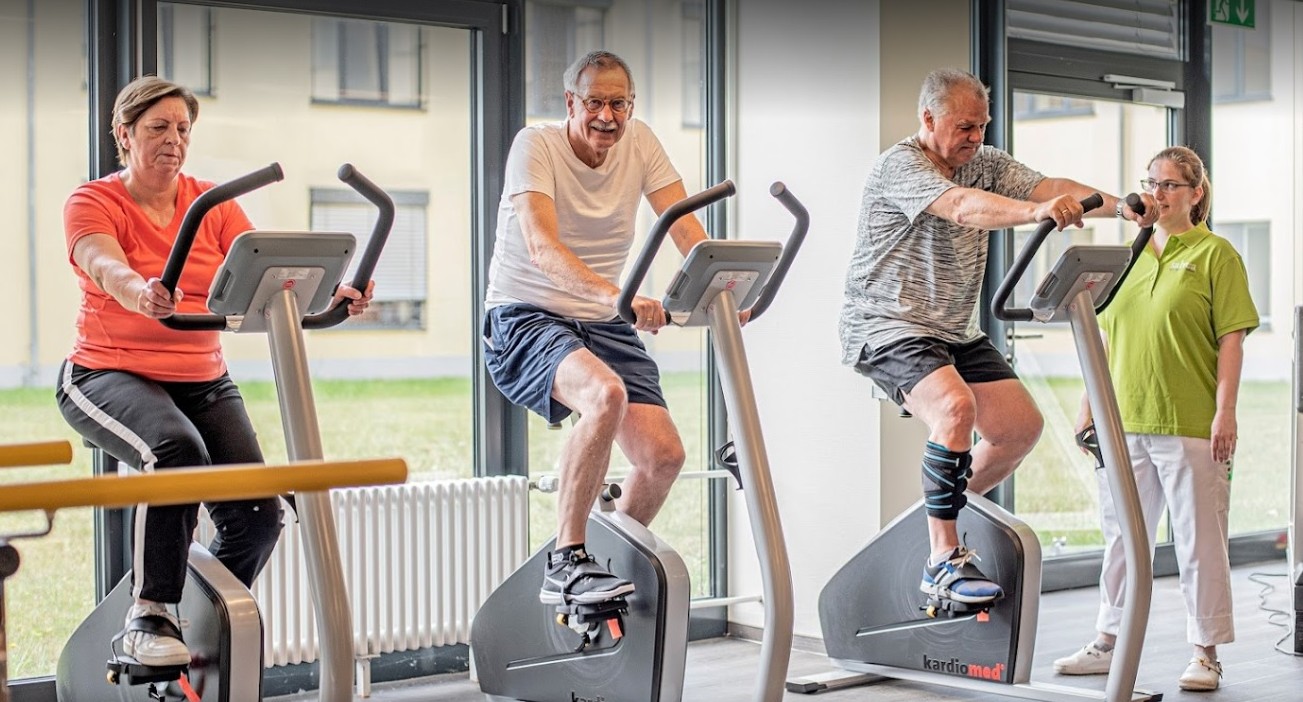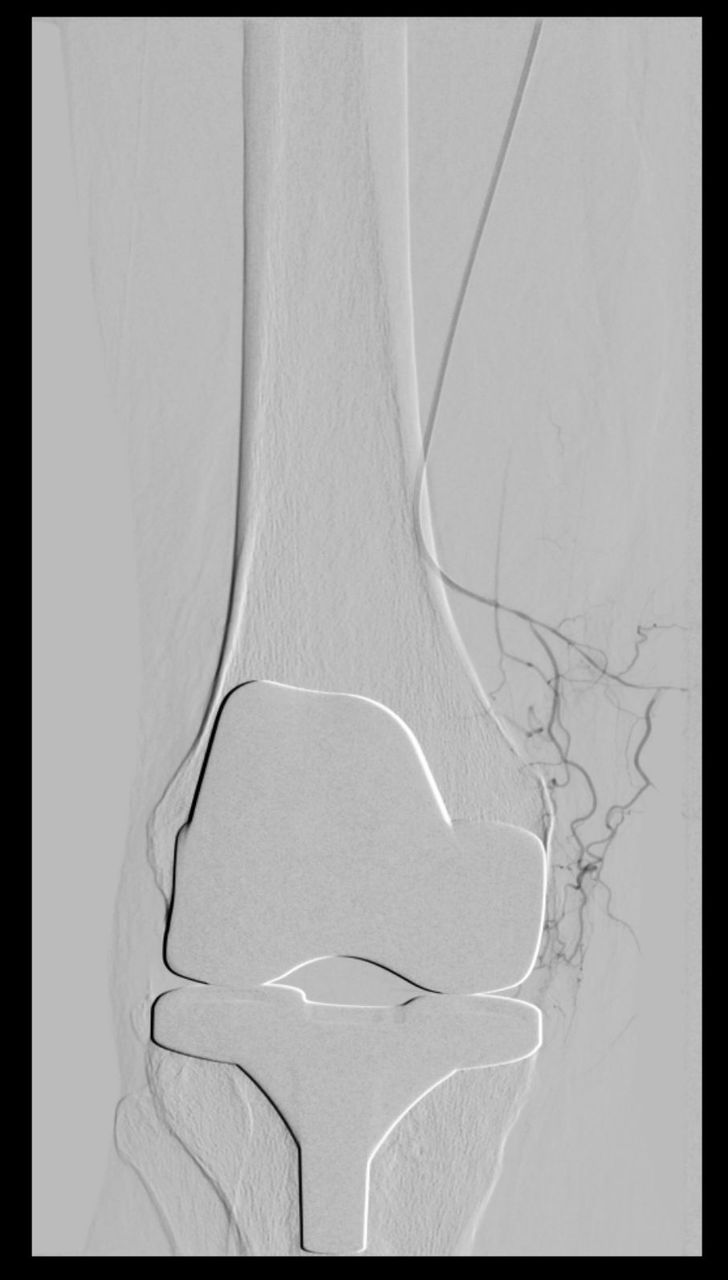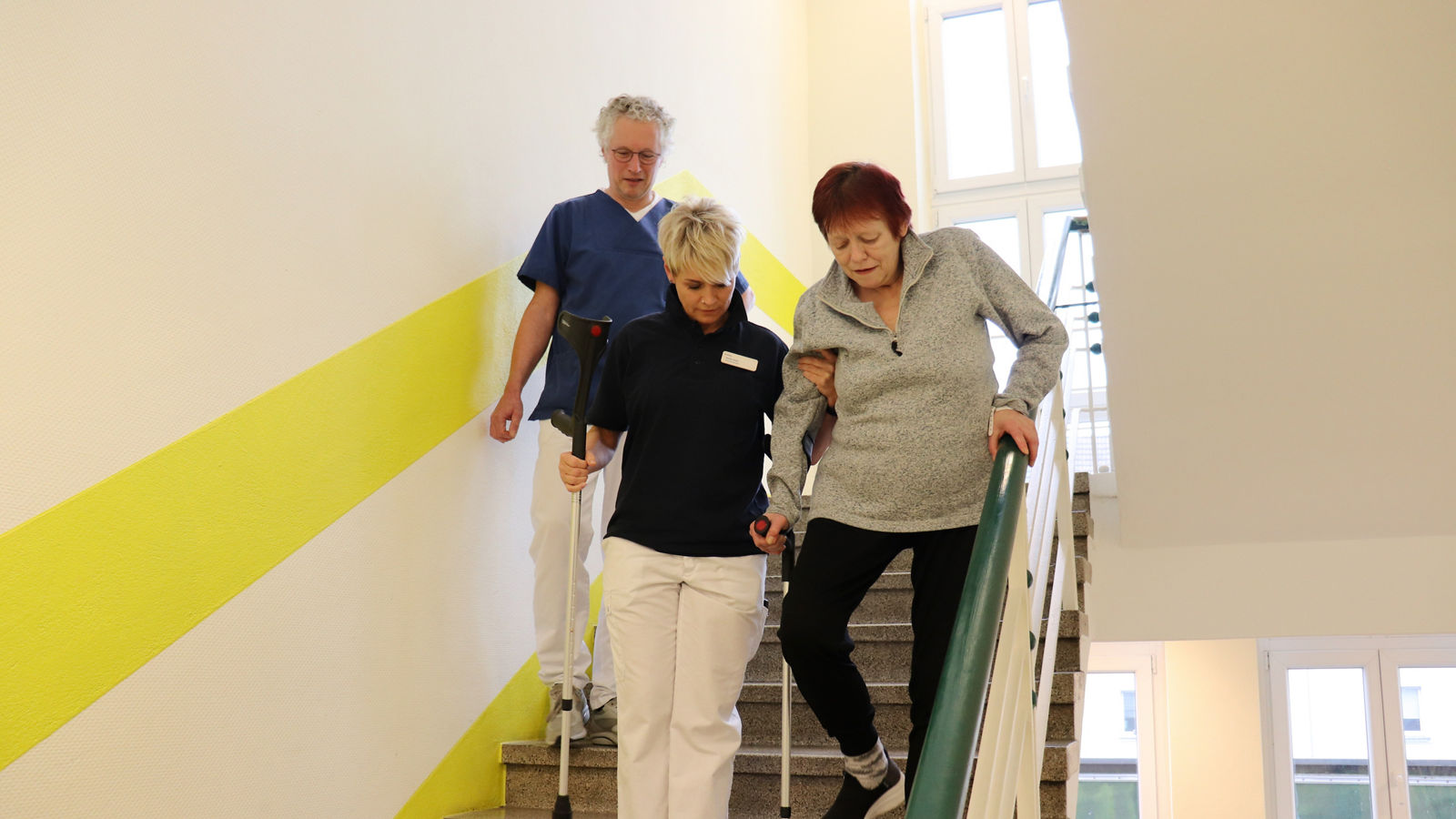
New robotic technology for knee joint replacement at Helios Hospital München West
DIGITALIZATION IN ENDOPROSTHETICS
Patients who receive an artificial knee joint at the Helios Klinikum in Pasing will in future benefit from human expertise and the latest technology.
A new robotic arm-assisted surgical procedure now supports the medical team of the Endoprosthetics Center at Helios Klinikum München West in the use of artificial knee joints. The Mako system does not replace the surgeon, nor does it operate independently. "Rather, the robot 'lends' its precision to the surgeon and assists in planning and performing the procedure with the greatest possible accuracy," says Assoc. Prof. Dr. Martin Thaler, chief physician of the Endoprosthetics Center Munich West.
Gentle procedure and faster recovery
Compared to the conventional manual method, robotic arm technology allows implants to be positioned even more precisely with a precision of over 99.5 percent and to determine the optimal tension of the ligaments on the knee. "The goal is to get the implant as close as possible to the natural joint anatomy. In this context, ideal ligament tension is so important because it ensures the fine balance between required stability and high mobility of the knee," explains the chief physician.
In addition, the Mako system offers further advantages: for example, the soft tissue of the knee can be spared and the procedure can be performed in a measurably more bone-saving manner, says Thaler. "Our patients are back on their feet faster and with less pain after the operation. In addition, the high-precision placement of the prosthesis can be expected to last longer."
How Mako technology works
To achieve the high precision, a virtual 3D model is created before the operation based on a computer tomography of the knee joint. This is then used to create a digital surgical plan. During the operation, the surgeon then controls the robotic arm in the predefined area. The limits set virtually in the plan prevent injury to the collateral ligament. Only when the knee joint is aligned and the ligament tension adjusted to it is the knee prosthesis inserted.
Chief physician involved in research of the system
The Helios Klinikum in Pasing is one of only a few hospitals in Germany to have the robotic arm-assisted Mako surgical system. With Professor Thaler, patients at the Endoprosthetics Center Munich West also have one of the most experienced surgeons in Europe at their side: he can already look back on hundreds of operations with the surgical robot. In addition, the chief physician, who is also involved in the research of the system, regularly trains doctors from all over the world in its use, especially in Germany, Austria and Switzerland.
Thaler has headed the Endoprosthetics Center since April of this year. He comes from the Innsbruck University Clinic for Orthopedics and Traumatology, where he most recently served as deputy director. A native of Austria, Thaler is a specialist in orthopedics and traumatology. In addition to robot-assisted implantation of artificial knee and hip joints, his areas of expertise include minimally invasive, muscle-sparing surgical methods and joint-preserving surgery on the hip and knee.
Helios Hospital Munich West is a modern referral medical centre with 412 beds located in the Pasing District and the affiliated hospital of the Ludwig Maximilian University of Munich. The Hospital consists of the Central Emergency Department and 20 other referral departments and provides comprehensive assistance at academic level. Annually, about 24,000 inpatients and 31,000 outpatients rely on the experience and knowledge of about 950 employees. Besides quality medical care and assistance, they particularly appreciate short distances and private family-like setting.






